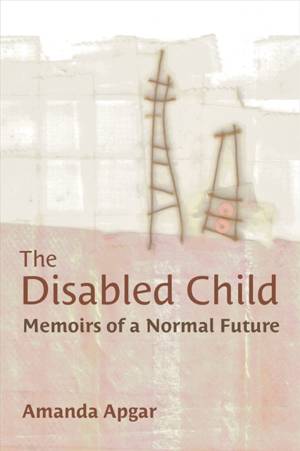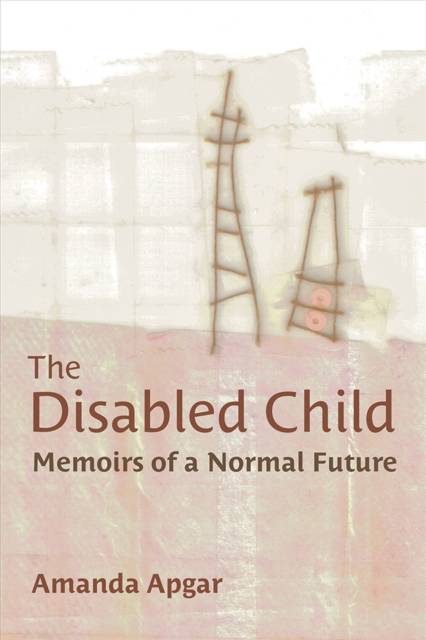
- Afhalen na 1 uur in een winkel met voorraad
- Gratis thuislevering in België vanaf € 30
- Ruim aanbod met 7 miljoen producten
- Afhalen na 1 uur in een winkel met voorraad
- Gratis thuislevering in België vanaf € 30
- Ruim aanbod met 7 miljoen producten
Zoeken
Omschrijving
When children are born with disabilities or become disabled in childhood, parents often experience bewilderment: they find themselves unexpectedly in another world, without a roadmap, without community, and without narratives to make sense of their experiences. The Disabled Child: Memoirs of a Normal Future tracks the narratives that have emerged from the community of parent-memoirists who, since the 1980s, have written in resistance of their children's exclusion from culture. Though the disabilities represented in the genre are diverse, the memoirs share a number of remarkable similarities; they are generally written by white, heterosexual, middle or upper-middle class, ablebodied parents, and they depict narratives in which the disabled child overcomes barriers to a normal childhood and adulthood. Apgar demonstrates that in the process of telling these stories, which recuperate their children as productive members of society, parental memoirists write their children into dominant cultural narratives about gender, race, and class. By reinforcing and buying into these norms, Apgar argues, "special needs" parental memoirs reinforce ableism at the same time that they're writing against it.
Specificaties
Betrokkenen
- Auteur(s):
- Uitgeverij:
Inhoud
- Aantal bladzijden:
- 214
- Taal:
- Engels
- Reeks:
Eigenschappen
- Productcode (EAN):
- 9780472075690
- Verschijningsdatum:
- 10/01/2023
- Uitvoering:
- Hardcover
- Formaat:
- Genaaid
- Afmetingen:
- 155 mm x 231 mm
- Gewicht:
- 272 g

Alleen bij Standaard Boekhandel
+ 238 punten op je klantenkaart van Standaard Boekhandel
Beoordelingen
We publiceren alleen reviews die voldoen aan de voorwaarden voor reviews. Bekijk onze voorwaarden voor reviews.







